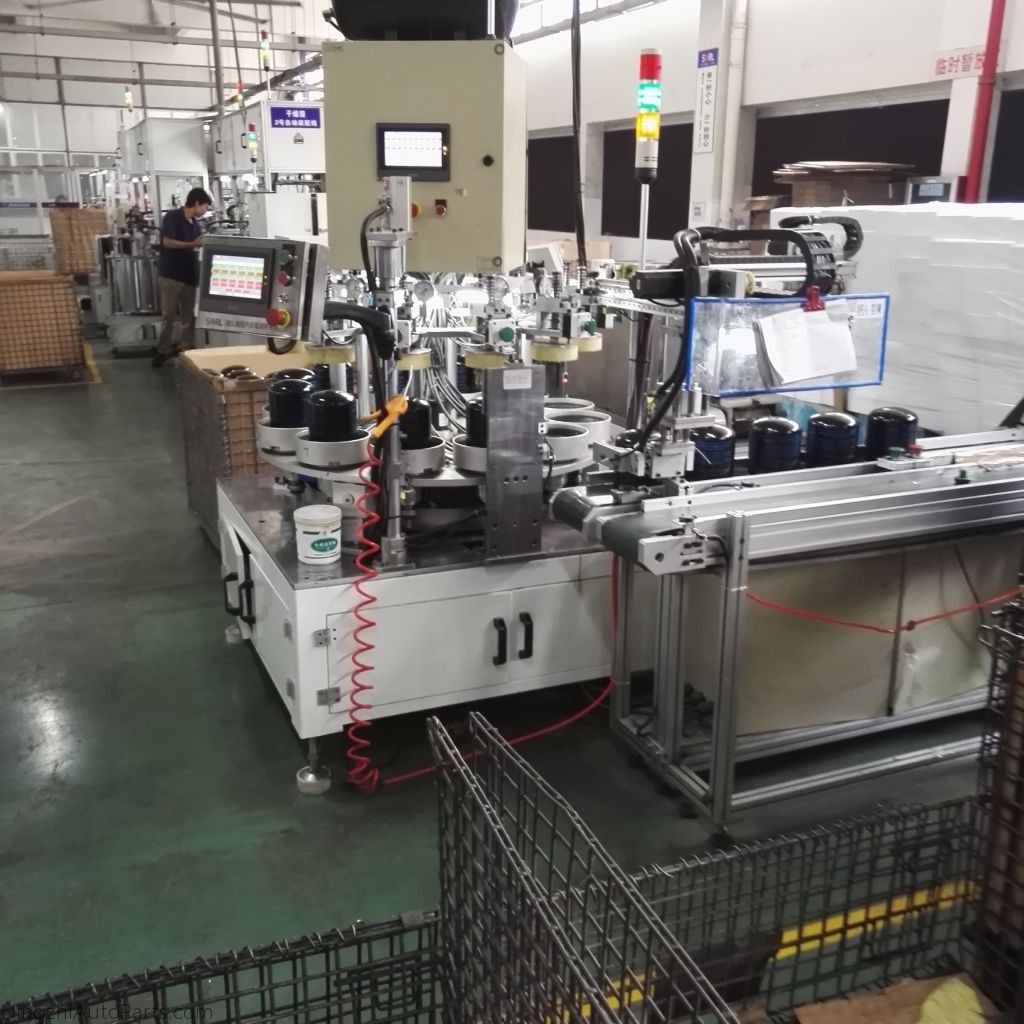Stricter Environmental Policies Prompt the Auto Filter Industry to Accelerate the Pace of Green Transformation
In recent years, as the global emphasis on environmental protection has been continuously increasing, environmental policies in various countries have become stricter day by day. The auto filter industry, as an important part of the automotive industry chain, is accelerating its pace of green transformation to adapt to the new market and policy environment.
Stringent Policies Lead the Industry Transformation

The continuous tightening of environmental policies has put forward higher requirements for automobile exhaust emission standards. For example, major automobile markets such as the European Union and China have successively implemented more stringent emission regulations, requiring automobile manufacturers to significantly reduce the emissions of harmful substances in vehicle exhaust. As one of the key components for controlling exhaust emissions, the performance of auto filters directly affects the environmental protection indicators of automobiles. To meet these strict standards, auto filter enterprises must increase their investment in research and development and develop products with higher filtering efficiency and longer service life to effectively filter impurities in fuel and particulate matter in exhaust gas and reduce environmental pollution.
Green Production Becomes the Key to Development

Under the pressure of environmental policies, the auto filter industry not only focuses on the environmental protection performance of products but also actively promotes the concept of green manufacturing in the production process. Enterprises have successively introduced advanced production equipment and processes to improve energy utilization efficiency in the production process and reduce the emissions of wastewater, waste gas, and waste residue. For example, some enterprises have adopted automated production lines, which not only improve production efficiency but also reduce the risks of energy waste and environmental pollution caused by manual operations. Meanwhile, by optimizing the production process and management, precise input of raw materials and recycling of waste are achieved, further reducing resource consumption and environmental impact during the production process.
Innovative Materials Promote Product Upgrading

Material innovation is one of the core driving forces for the auto filter industry to achieve green transformation. Traditional filter materials have certain limitations in terms of filtering efficiency, service life, and environmental protection performance. Nowadays, more and more enterprises have started to research, develop, and apply new environmentally friendly materials, such as nanofibers and biodegradable materials. These new materials have higher filtering precision and stronger adsorption capacity, can intercept tiny particles and harmful gases more effectively, and can decompose faster in the natural environment after the end of their service life, reducing pollution to soil and water sources, thus making auto filters more environmentally friendly throughout their entire life cycle.
Technological Innovation Improves Product Performance

In addition to material innovation, the auto filter industry has also continuously achieved breakthroughs in technology. The application of intelligent technology has become a major development trend in the industry. By installing sensors and monitoring devices on filters, real-time monitoring and remote monitoring of the working status of filters are realized. This not only facilitates car owners to timely understand the usage of filters and replace them in advance to ensure the normal operation of the engine but also enables the optimization of filter design and performance through data analysis to further improve their filtering efficiency and environmental protection performance. In addition, the modular and integrated design concepts have also been gradually promoted. Integrating multiple filtering functions into one reduces the volume and weight of filters, improves the fuel economy of automobiles, and also reduces resource consumption in the production and use processes.
The Market Competition Pattern Is Reshaped
The tightening of environmental policies has accelerated the survival of the fittest in the auto filter industry. Enterprises that can quickly adapt to the requirements of green transformation and master core technologies and innovation capabilities are gradually occupying a dominant position in market competition, while some enterprises with backward technologies and failing to meet environmental protection standards are facing the risk of being eliminated. Multinational companies still occupy a large share in the high-end market by virtue of their strong R&D strength and brand influence. However, some forward-looking local enterprises in China are also continuously increasing their investment in research and development, actively cooperating with scientific research institutions, and striving to improve their own technical level and product quality, gradually emerging in the mid-to-high-end market and competing fiercely with multinational companies, thus promoting the technological progress and green development of the entire industry.
Future Prospects

With the continuous advancement of environmental policies, the green transformation of the auto filter industry will continue to deepen. In the future, the industry will pay more attention to the environmental protection performance of the entire product life cycle, from the selection of raw materials, manufacturing, use and maintenance to disposal, all aiming at green, low-carbon, and sustainable goals. Meanwhile, with the rapid development of new energy vehicles, the auto filter industry will also face new opportunities and challenges and needs to continuously innovate and optimize products to meet the special needs of new energy vehicles for filters, such as battery cooling system filtering and electronic control system protection. It can be predicted that under the guidance of environmental policies, the auto filter industry will continue to move forward on the path of green transformation and contribute an important force to the sustainable development of the global automotive industry.
